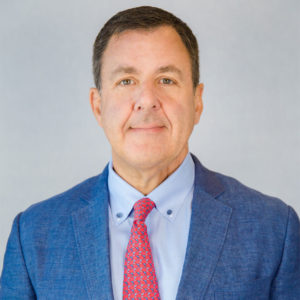In recent years, the idea of a “Dry January” has become a popular concept – voluntarily taking the month off from alcohol consumption in order to cleanse the system and have a fresh start to the new year. Dry January has become such a common occurrence that more than a third of U.S. adults, 35%, took part in the exercise in 2022. Many have reported a positive outcome from their experience – throughout the month, they have felt more energetic, more rested, more in shape…the list is plentiful.
But what happens on February 1st?
For the majority of individuals who participate in Dry January, life will resume as it always has. They will reflect back on this month as proof that “they can stop drinking if they wanted to” and that their body is equipped once again to handle old patterns of behavior.
But if this is all one takes away from a month of sobriety, then what really is the point?
On each of our journeys, we have moments in time where we are provided opportunities to learn about ourselves and to grow. Making the decision to walk away from alcohol for four whole weeks is one of those moments.
So as we wake up today on February 1st, we have an opportunity to ask ourselves some important questions…
“How often did I think about alcohol throughout my time away from it?”
“What experiences were different for me without the presence of alcohol?”
“Throughout the month, what moments occurred that triggered my desire to have a drink?”
“How did my life improve without alcohol?”
“How did I feel emotionally? Were situations more difficult for me to handle?
“What coping skills did I use when alcohol wasn’t an option?”
Allowing ourselves to analyze the answers to these questions in as raw and honest of a place as possible is imperative to a healthy transition out of this experience. On the other end of this, is a person with clarity and understanding of the true role that alcohol plays in one’s life.
Through this reflection, we become more in tune to the unhealthy ways in which alcohol has been relied upon as a way to cope – to escape uncomfortable feelings, events or interactions. In truth, this form of “coping” denies an individual the opportunity to learn how to tolerate moments of distress and to become better equipped with healthier responses to adversity.
In this newly found self awareness, one can begin to recognize triggers, acknowledge adverse emotions and mindfully begin to respond in more appropriate and insightful ways.

By: Glenn Hofferber, MS, LAC, NCC
Glenn is a licensed clinician at Navesink Wellness Center who specializes in behavior management; assisting clients to better identify the specific behaviors that are causing instability and working to find healthier, more appropriate ways to tolerate distress, regulate emotions and incorporate more intentional and mindful behaviors.
Glenn’s utilizes a solution focused approach, incorporating DBT & REBT into treatment to help individuals identify irrational beliefs and negative thought patterns that may lead to emotional and/or behavioral challenges.




